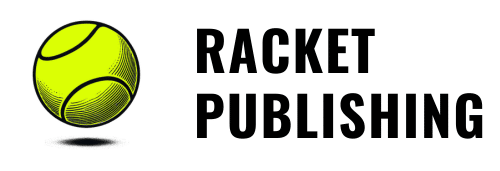Merriam-Webster defines the word as follows:

A particularly interesting one has increasingly permeated the publishing world over the last decade—one that affects first-time authors and even experienced scribes.
A Thought Experiment
Consider the following scenario:
You’ve got what you think is a decent idea for a book. A few of your more discerning friends happen to agree. You put together a book proposal and start pitching agents and acquisition editors at traditional publishers. (Doing both concurrently is bad form, but you don’t know any better.)
Odds are that your proposal will fall on deaf ears and wind up in the slush pile. Take some solace in the fact that the disappointing result doesn’t remotely hinge upon the quality of your idea or writing.
Acquisition editors wear many hats. Make no mistake: These days, these risk-averse folks will only greenlight books that they believe can sell roughly 10,000 copies by themselves. Very few do. If you do strike gold and receive a proper offer, congrats. Don’t be surprised, though, if your contract includes a clause compelling you to purchase at least 1,000 copies of your new opus. It happened to a friend of mine a few years back. He wisely declined.
Hybrid or self-publishing almost always is the way to go these days.
The publishing environment has only intensified since then, especially since private equity has arrived.
What This Means for You
Here’s the rub: AEs today are channeling their inner Gordon Gekko; they only want sure things. If you can independently move that many copies, then do you really need O’Reilly, Wiley, Penguin, and their ilk?
I’ll let you in on a little secret. You don’t.
In this way, publishing is just like any top-heavy, hits-driven business. More than ever, artists can’t just do art. They have to worry about marketing far more than their craft.
One thing is becoming clear: Regardless of your station, hybrid publishing is most likely the way to go. Plenty of successful authors who have worked with traditional publishers have realized as much. My friend David Burkus is just one of them.
If your book defies the odds and blows up, you’ve effectively de-risked it for traditional publishers. If you opt to puruse them, you’re negotiating from a position of relative strength.
Just ask Amanda Hocking.



0 Comments